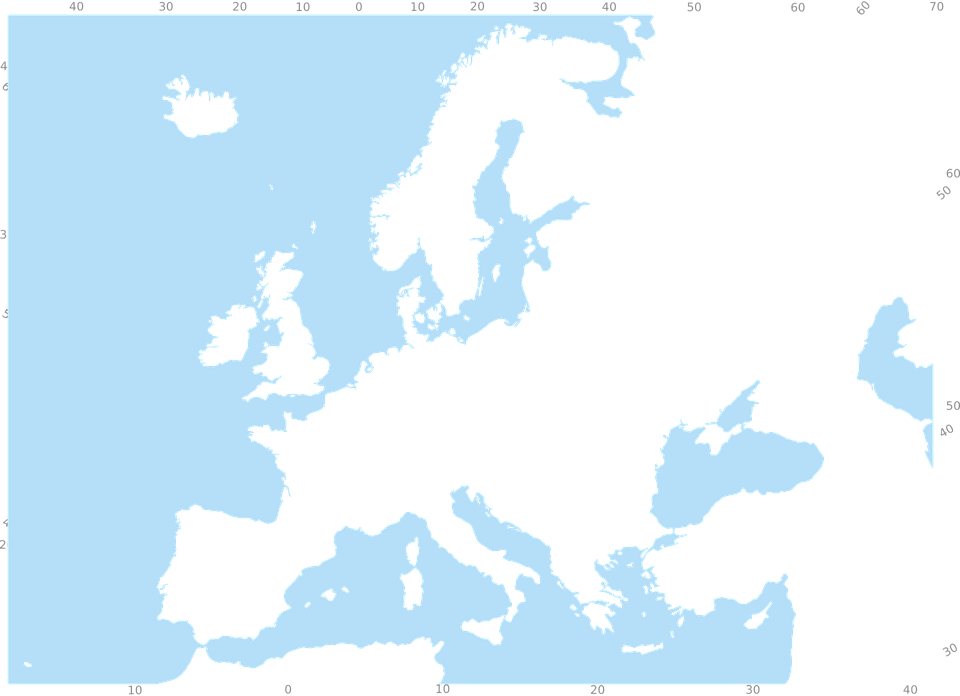

Speaking in the Czech Embassy alongside his Czech counterpart last Wednesday, 31 May, Gabriel sketched out the vision of a “Berlin process plus” agenda. Since the start of the Berlin process in summer 2014, a number of programmes and initiatives have been launched, yet implementation continues to be slow. In addition, funding instruments can not be easily redirected to immediately benefit those most in need and affected by the social and economic conditions in the region. To close this gap, the German Minister of Foreign Affairs announced an addition to the Berlin process. Under the heading “Berlin plus”, German cooperation and development tools will be better directed to the needs of the region, including by creating special funds for start-up business, vocational training and IT-infrastructure development. Gabriel said: "We need a “Berlin process reloaded! The process must generate visible improvements for the local populations. Therefore, we should give priority to ideas aimed at making the region an attractive economic area.”
But there should also be new intergovernmental instruments. Gabriel proposed to set up a fund for infrastructure and technology to which EU member states, EFTA and the European Economic Area members could contribute as donors. Such funds should also help to accelerate symbolic projects like transport links between the least-connected countries in the region. While these initiatives are of course most welcome, the question remains of how much difference they can make in the short term. For several weeks China went on a regional promotion tour for its “Belt and Road” initiative. Some 10 billion EUR have already been committed for Chinese investments which are expected to become game-changers in linking up the region.
While “Berlin plus” is good, current times rather require a “Berlin squared” to make a quicker and bigger impact, and also to support positive developments such as the government change in Macedonia. What is more, in August 2014 in Berlin the governments envisaged “four years of real progress”. Four years will be up in less than 15 months from now, the beginning of June 2017. At this pace, what will have been achieved by 2018?